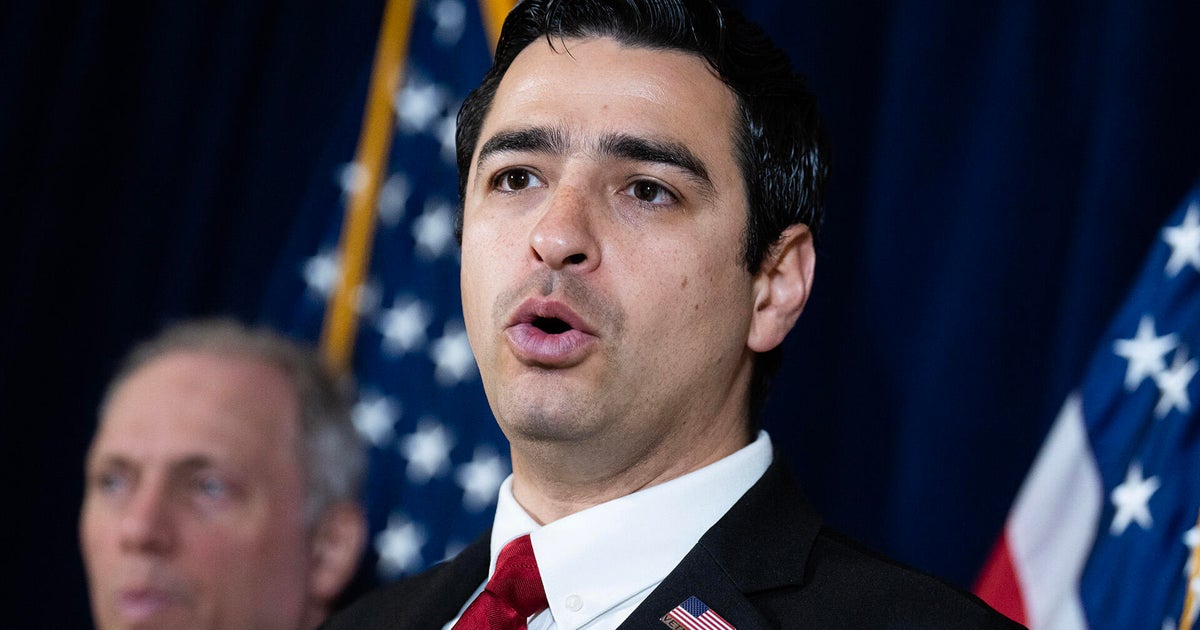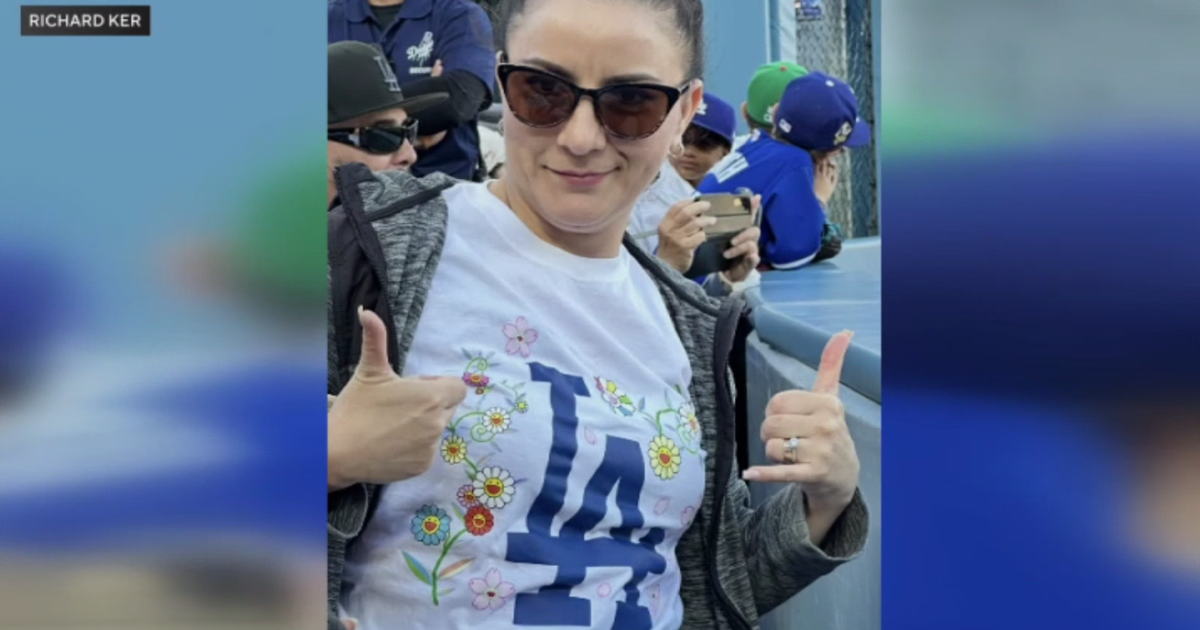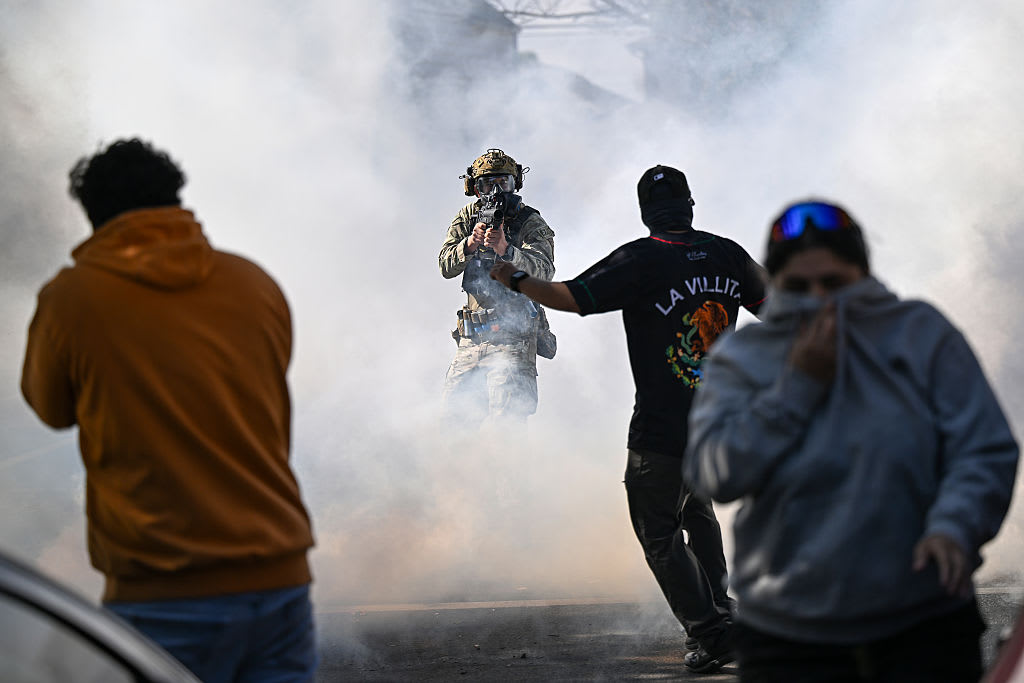Accounts of migrants' documents being confiscated by border officials prompt federal review
The federal government is reviewing internal practices regarding the return of migrants' property amid reports from migrants who said their passports, birth certificates and other personal documents were confiscated and not returned by Border Patrol, the Department of Homeland Security (DHS) told CBS News.
The department confirmed the review when asked to respond to accounts from migrants who told "60 Minutes" that U.S. Customs and Border Protection (CBP) officials along the U.S.-Mexico border kept their documents, despite agency policy instructing agents to return migrants' personal property unless they are fraudulent.
"CBP and [U.S. Immigration and Customs Enforcement] are reviewing their policies and practices to ensure that, once a migrant is released from their custody, their documents are returned to the migrant absent a security or law enforcement reason," DHS said in its statement.
In a story Sunday on the tens of thousands of migrants who have arrived in New York City over the past few months, "60 Minutes" reported that all but four of 16 recently interviewed Venezuelan migrants said Border Patrol did not return personal documents before releasing them. Attorneys, educators, case workers and volunteers in New York told "60 Minutes" that the problem is widespread, citing conversations with dozens of migrants.
The migrants' accounts also prompted Democratic Reps. Bennie Thompson, Joaquin Castro, Raúl Grijalva and Nanette Barragán to ask the Government Accountability Office, Congress' investigative arm, to "conduct a review" of CBP's "activities, policies, and procedures regarding the handling of personal property belonging to individuals in its custody."
"Media outlets and other organizations have reported concerns about Border Patrol agents confiscating asylum seekers' religious headwear as well as not returning or improperly discarding personal property belonging to apprehended individuals along the southwest border," the lawmakers said in their request on Friday.
In August, CBP Commissioner Chris Magnus announced an investigation into allegations raised by the American Civil Liberties Union that dozens of Sikh migrants had their turbans seized and not returned by Border Patrol agents along the Arizona border.
Border Patrol, an agency overseen by CBP, is responsible for apprehending, processing and vetting migrants who enter the U.S. illegally. It typically holds migrants and asylum-seekers in jail-like stations or tent facilities for a short period of time before deporting them, transferring them to another agency or releasing them.
A 2015 CBP policy that remains in effect calls for the personal property of detained migrants to be "safeguarded" if it is not determined to be contraband and instructs agents to "make every effort" to transfer said property with detainees when they are transferred, deported or released.
The policy also says that migrants' documents "must be returned to the detainee upon release, removal of repatriation or maintained in the detainees' personal property," unless they are deemed to be fraudulent. But most of the migrants interviewed by "60 Minutes" said Border Patrol did not follow these policies.
Beberlyn, 33, a migrant from Venezuela who crossed the U.S.-Mexico border earlier this year, said Border Patrol agents kept several of her family's personal documents, including their passports, Venezuelan identification cards, her children's birth certificates and her husband's drivers license.
"They took them from me. Immigration took them from me," said Beberlyn, who is now living in a New York City shelter with her husband, 15-year-old nephew, 12-year-old son and 4-year-old daughter.
Like other migrants, Beberlyn said border agents told her they would receive their documents during their immigration court hearing. But her family has yet to receive a court appointment, and attorneys said it's unlikely that documents confiscated along the southern border will be transferred to courts across the U.S.
"I do need them," Beberlyn said regarding the documents. Her surname is being withheld due to her pending immigration case. "Passports are very important here. To open an account, to identify yourself, and I don't have that document. I don't have the children's birth records because they took them from me. That makes me feel terrible."
Theresa Cardinal Brown, a former DHS immigration official during the administrations of Presidents George W. Bush and Barack Obama, said Border Patrol's reported failure to adhere to its documents return policy could stem from the soaring number of migrants the agency has had to process over the past year.
Federal officials along the southern border stopped migrants over 2.3 million times in fiscal year 2022, a 12-month span that ended on Sept. 30, CBP statistics show. The figure, a record high, includes over 1 million expulsions of migrants processed under a public health order that bars them from requesting asylum.
"I think that's in large part because of just the number of people, and the volume, and how quickly CBP is trying to basically get them out of their custody," said Cardinal Brown, the director for immigration and cross-border policy at the Bipartisan Policy Center. "They're not probably taking the care that they should."
Cardinal Brown said the trend is "problematic" for everyone: "It's problematic the government's not abiding by its own policies. It's problematic for the migrants because if they are losing documents that could help them prove that asylum case, that's going to make it harder for them to do that in court."
Maria, another Venezuelan migrant living in a New York City shelter with her family, said Border Patrol agents failed to return her children's birth certificates and vaccine records, as well as her and her husband's passports and identification cards. She asked for her surname to be omitted, citing her pending case.
During a recent check-in appointment at the ICE office in Manhattan, Maria said she was told their documents were still in Texas when she asked about their whereabouts. She said her 1-year-old daughter's vaccination has been delayed since they longer have records showing what shots she has received and when.
Maria said she was also told her family's documents would be returned in immigration court, but she does not think she'll see them again.
"I haven't heard anyone say that they got their documents back," she added.




